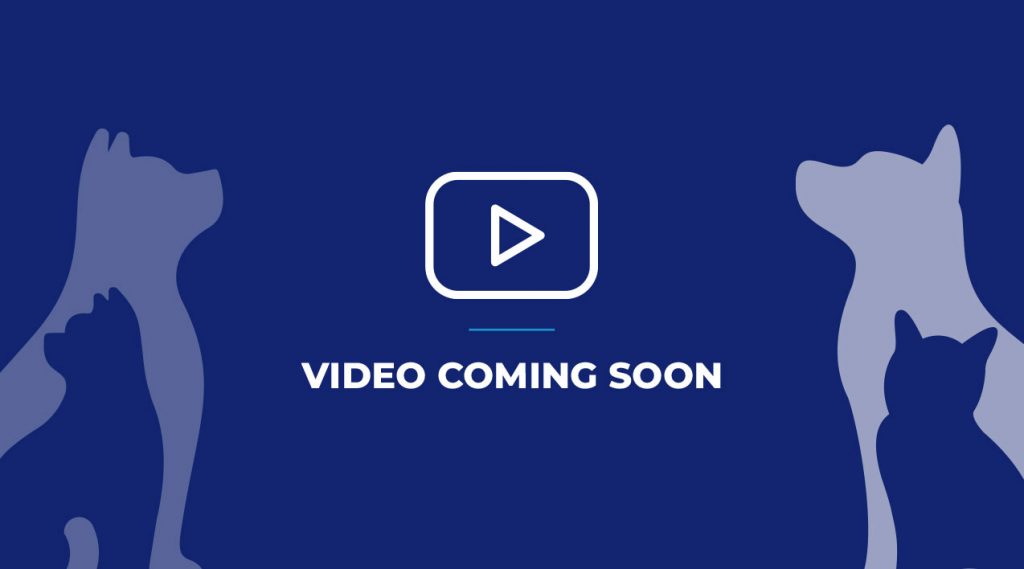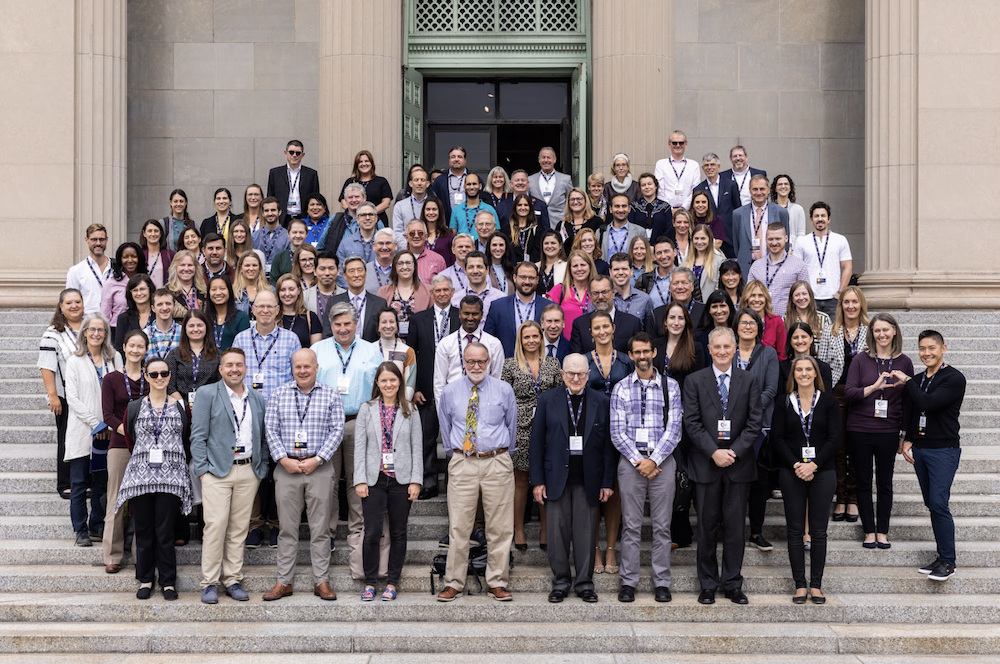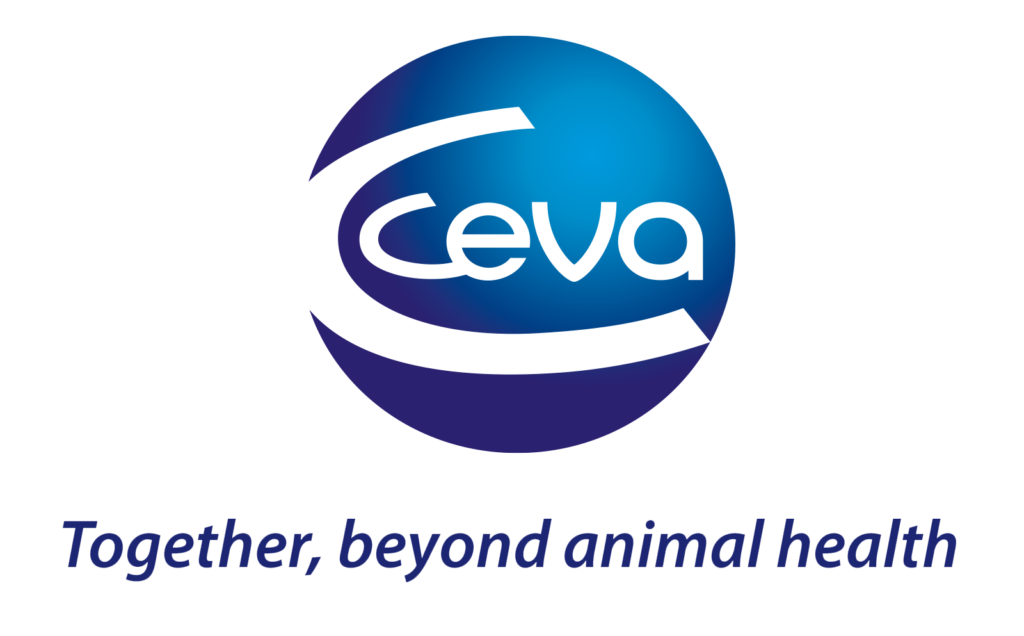
5th Cross-talk Symposium in Cardiology
September 23rd, 2022
Take-Home Message videos
Thoughts and Opinions regarding MRA use in Dogs with Heart Failure
- Mark Oyama
Breakthrough When Quantitative Sciences Meet Clinical Practice
- JONATHAN MOCHEL
MRAs in Heart Failure: a Veterinary and Human Medicine Primary Investigators Cross-talk
- BERTRAM PITT, FAIEZ ZANNAD
Panel Discussion – Part 1
- ADRIAN BOSWOOD, BERTRAM PITT, FAIEZ ZANNAD, FRÉDÉRIC JAISSER, Jan Danser, Jessica Ward, JONATHAN ELLIOTT, JONATHAN MOCHEL, Luca Ferasin, Mark Oyama, MICHELE BORGARELLI
Panel Discussion – Part 2
- ADRIAN BOSWOOD, BERTRAM PITT, FAIEZ ZANNAD, FRÉDÉRIC JAISSER, Jan Danser, Jessica Ward, JONATHAN ELLIOTT, JONATHAN MOCHEL, Luca Ferasin, Mark Oyama, MICHELE BORGARELLI
Panel Discussion – Part 3
- ADRIAN BOSWOOD, BERTRAM PITT, FAIEZ ZANNAD, FRÉDÉRIC JAISSER, Jan Danser, Jessica Ward, JONATHAN ELLIOTT, JONATHAN MOCHEL, Luca Ferasin, Mark Oyama, MICHELE BORGARELLI
Panel Discussion – Part 4
- ADRIAN BOSWOOD, BERTRAM PITT, FAIEZ ZANNAD, FRÉDÉRIC JAISSER, Jan Danser, Jessica Ward, JONATHAN ELLIOTT, JONATHAN MOCHEL, Luca Ferasin, Mark Oyama, MICHELE BORGARELLI

The Electrophysiology and Heart Modeling Institute
- Olivier Bernus

Percutaneous Heart Valve Therapies: From Human Experience to Veterinary Application
- Thomas Modine
Why a Cross-talk symposium?
Ceva was an early convert to One Health and our commitment to the idea that the health of people, animals and our planet are inextricably linked is even stronger today.
With this One Health idea in mind, Ceva has been bringing together veterinarians with their colleagues from human medicine in an innovative concept of Cross-talk Symposia in Cardiology to facilitate a unique exchange of experience, ideas and knowledge.
Ceva has already hosted four cardiology cross-talk symposia over the past 13 years (2009, 2011, 2016 and 2019) based on this succesful Cross-talk concept. The programmes included eminent cardiology researchers from around the world, both from the human and veterinary fields.
Today’s event, the 5th edition in the Cross-talk series, is called “Two hearts that beat as one”, a title more than ever meaningful.

This website contains videos of each presentation and a summary of the discussions that came out during each edition, mixing state of the art science with the most recent clinical developments in man and animals. The printed supports are also available with a summary of each lecture.
